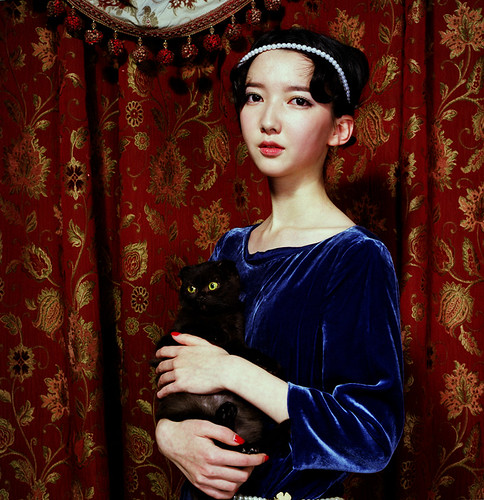
Shelley Duvall: The name itself conjures a kaleidoscope of images – the wide, expressive eyes, the lanky grace, the unmistakable voice that carved out a niche entirely her own in Hollywood’s golden age. An actress who defied convention and captivated audiences with a screen presence described as “bizarrely original,” Duvall’s journey through cinema and beyond is as compelling and complex as the characters she brought to life. From her accidental entry into filmmaking to her indelible mark on cinematic history, her career trajectory was anything but ordinary, a testament to a talent that was both raw and profoundly truthful.
For many, Shelley Duvall remains synonymous with her role as Wendy Torrance in Stanley Kubrick’s chilling masterpiece, *The Shining*. Yet, to define her solely by that singular, famously arduous performance would be to overlook a rich tapestry of work that spans decades, earning her accolades, critical admiration, and a place in the National Film Registry for four of her films. Her story is one of an artist who, despite the pressures and peculiarities of the industry, maintained an authentic spirit, ultimately seeking a quieter existence away from the relentless spotlight.
This in-depth exploration invites us to look beyond the sensational headlines and delve into the career and personal life of Shelley Duvall. We will journey through her serendipitous discovery, her pivotal collaborations with visionary directors, and the roles that cemented her status as “one of the most magnetic on-screen presences of the last century.” Prepare to uncover the layers of a woman who was “fascinating, original, vulnerable and inscrutable all at once,” leaving an enduring legacy that continues to resonate with new generations.
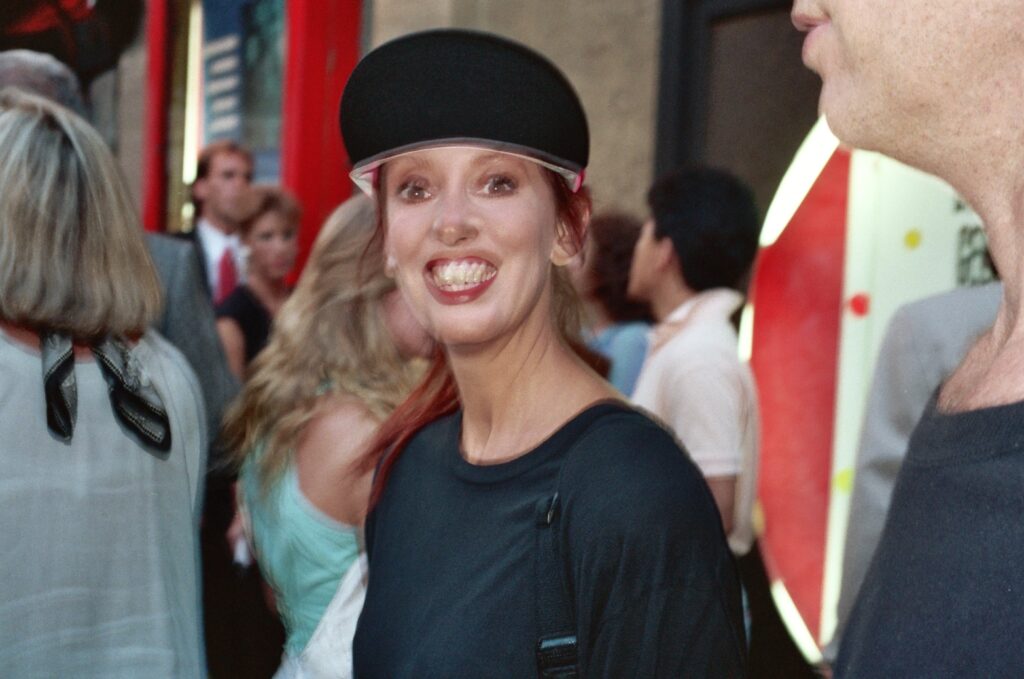
1. **Early Life and Serendipitous Discovery by Robert Altman**Shelley Alexis Duvall, born July 7, 1949, in Fort Worth, Texas, experienced an early life far removed from Hollywood’s glare. Raised in Houston, she was the first child of Bobbie Ruth Crawford, a real estate broker, and Robert Richardson “Bobby” Duvall, a cattle auctioneer-turned-lawyer. She moved frequently in her initial years due to her father’s work before the family settled.
Duvall’s teenage aspirations leaned towards science, even majoring in nutrition and diet therapy at South Texas Junior College, a path abruptly abandoned after witnessing a monkey vivisection. Her trajectory changed dramatically on April Fool’s Day 1970, when, while hosting a party, three crew members for *Brewster McCloud* pre-production were captivated by her “offbeat looks and hyper-enthusiasm.”
This chance encounter led to a “surreptitious casting call” by director Robert Altman and his team, who asked her to join the feature. This improbable discovery, far from any formal audition process, marked the unexpected genesis of her extraordinary acting career, showcasing Altman’s eye for raw, authentic talent.
Read more about: Still Crushing It: These 14 Rom-Coms Are the Absolute Gold Standard, and You NEED to Rewatch Them ASAP!
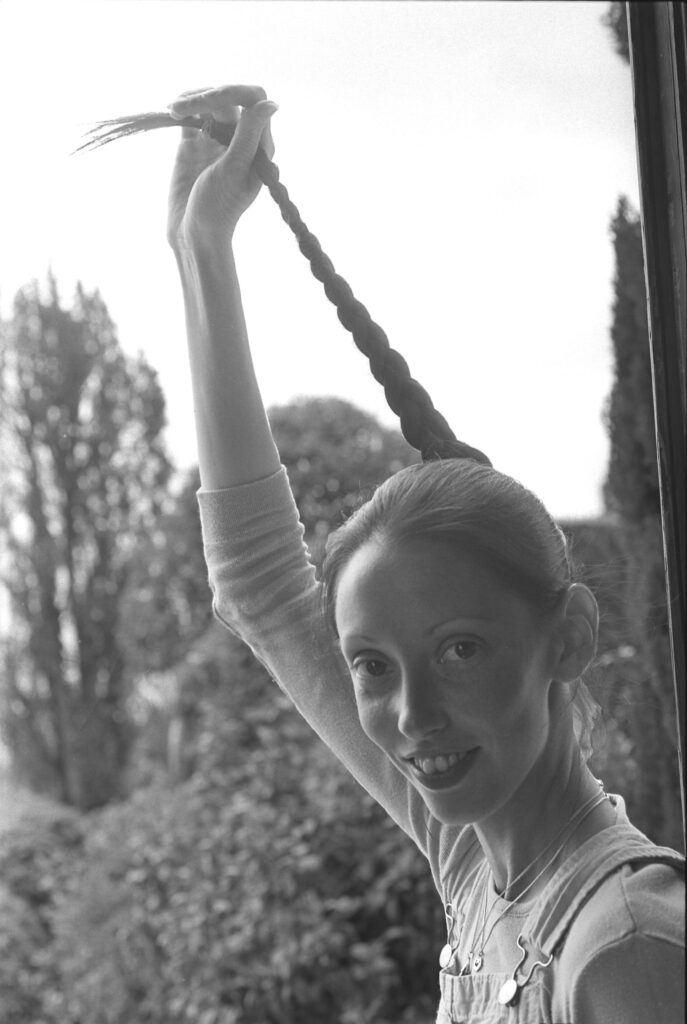
2. **From *Brewster McCloud* to Altman’s Protégé**Robert Altman, deeply impressed by what he called Duvall’s “untrained, truthful person” and her raw magic, cast her in his 1970 black comedy, *Brewster McCloud*. She debuted as Suzanne Davis, an Astrodome tour guide and the free-spirited love interest, launching her into the public eye and establishing her distinctive presence.
Following filming, Duvall’s first cross-country journey was for promotional duties, gracing *Vogue* and *Show Magazine*. While *Brewster McCloud* wasn’t an immediate hit, its positive reception brought attention to Duvall, with Beatrice Loayza of *The Atlantic* noting her character’s innocuousness “were it not for the actor’s hypnotic charms.”
She swiftly became Altman’s protégé, with *McCabe & Mrs. Miller* (1971) marking her first commercial success as an unsatisfied mail-order bride. This film, though initially mixed in reception, has been retrospectively acclaimed and is Duvall’s first to enter the United States National Film Registry, signaling her rapid emergence as a significant cinematic figure.
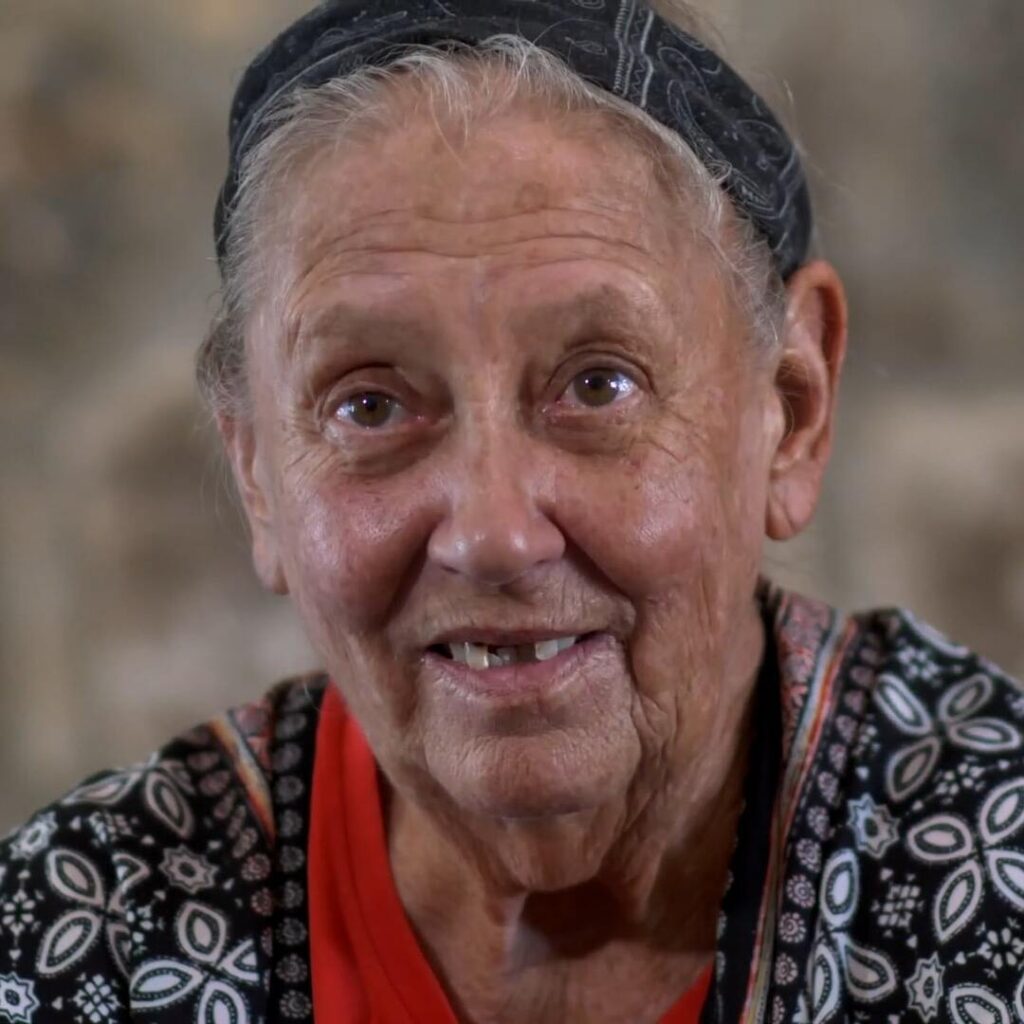
3. **The Breakthrough with *Nashville***Duvall’s collaborations with Altman deepened. Her leading role as Keechie in *Thieves Like Us* (1974) proved a turning point, making her “realize about technique, began learning, began being a little scared.” This experience ignited a serious commitment to acting.
However, it was her portrayal of Martha, a spaced-out groupie, in Altman’s 1975 ensemble comedy *Nashville* that brought widespread recognition. The film was a major critical and commercial success, deemed the “most ‘talked about American movie'” and grossing $10 million, with Duvall’s distinctive performance contributing significantly.
Keith Carradine, a frequent co-star, told *Variety* that Duvall possessed “that fascinating physical appearance, there was something slightly off-center and hauntingly beautiful about her.” He added, “And then she had that extraordinary personality; she was quirky and just utterly enchanting. What you saw on screen, that’s just who she was.” *Nashville* became her second film in the National Film Registry, cementing her breakthrough.
Read more about: Waylon Jennings: Riding the Storm, Forging an Outlaw Legacy in Country Music
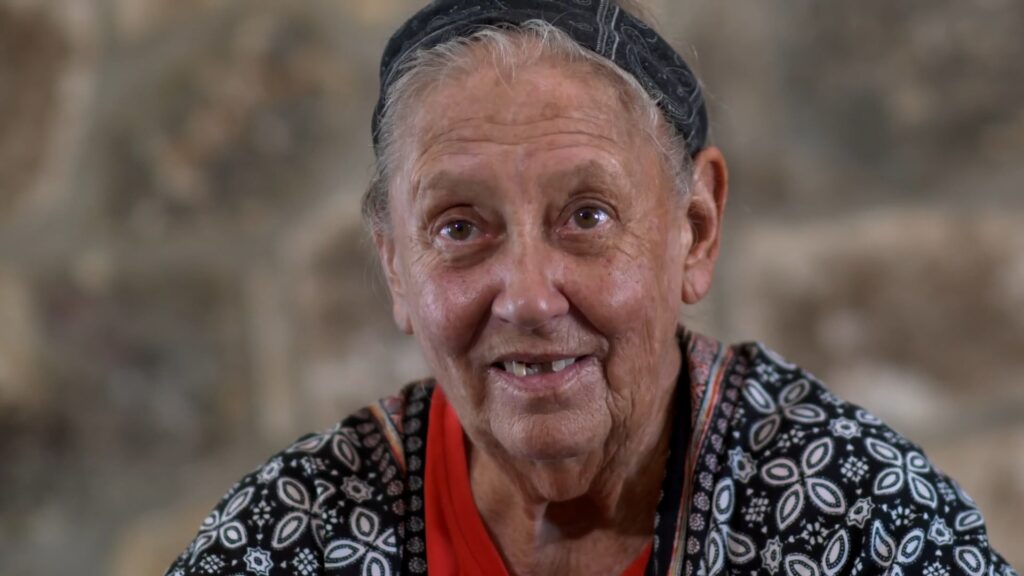
4. **A Star is Born: Critical Acclaim for *3 Women***In 1977, Shelley Duvall delivered a performance widely considered one of her absolute finest in Robert Altman’s psychological thriller *3 Women*. Portraying Mildred “Millie” Lammoreaux, a woman in a dreary desert town, Duvall extensively improvised her lines, bringing a raw authenticity to the role.
Despite not being a box-office hit, *3 Women* garnered critical acclaim. Texas Monthly praised her “extraordinary performance,” and Michael Sragow of *The New Yorker* called her “brilliant,” noting her ability to “suggests a real person underneath” the confident yet clueless caricature. Robbie Freeling of *IndieWire* declared it “one of the finest films of the seventies,” with Duvall deserving “a lion’s share of the credit.”
Anne Billson at *The Guardian* lauded it as “peak Duvall” and “quite simply one of the greatest performances of the 1970s.” This tour-de-force earned her the Cannes Film Festival Award for Best Actress and the Los Angeles Film Critics Association Award for Best Actress, along with a BAFTA nomination, undeniably solidifying her status as a major talent.
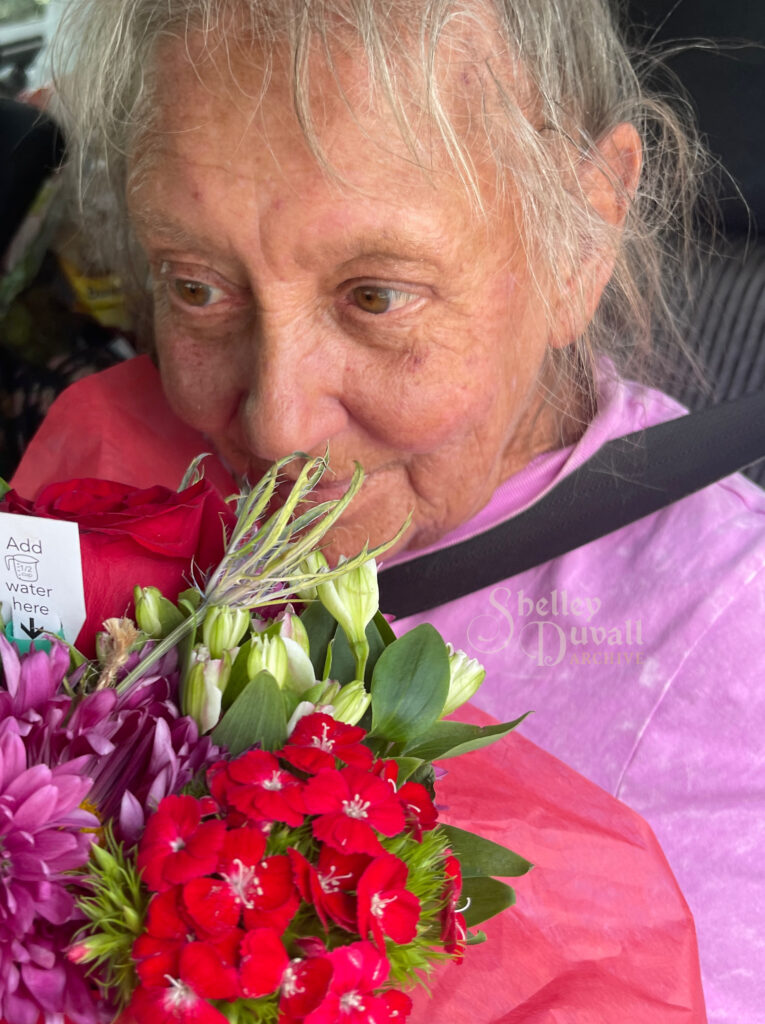
5. **The Haunting Production of *The Shining***Shelley Duvall next embarked on her most recognized and infamously grueling role: Wendy Torrance in Stanley Kubrick’s *The Shining* (1980). The production, known for its intensity and the psychological toll it exacted, became a testament to the extremes of filmmaking. Jack Nicholson noted Kubrick’s “different director” approach with Duvall.
Kubrick’s methodical, often antagonistic style stretched principal photography for a year. He intentionally isolated Duvall and subjected her to exhausting shoots, notably the baseball bat scene performed 127 times. Duvall famously presented Kubrick with clumps of hair lost from stress, and recounted crying “twelve hours a day, five or six days a week” for months, calling the experience “almost unbearable” and “so difficult being hysterical for that length of time.”
Despite the trauma, Duvall later reflected, “I wouldn’t trade the experience for anything. Why? Because of Stanley. And it was a fascinating learning experience, it was such intense work that I think it makes you smarter. But I wouldn’t want to go through it again.” This harrowing creation process became as legendary as the film itself.
Read more about: Beyond the Hype: 14 Films That Absolutely Blew Our Expectations Out of the Water
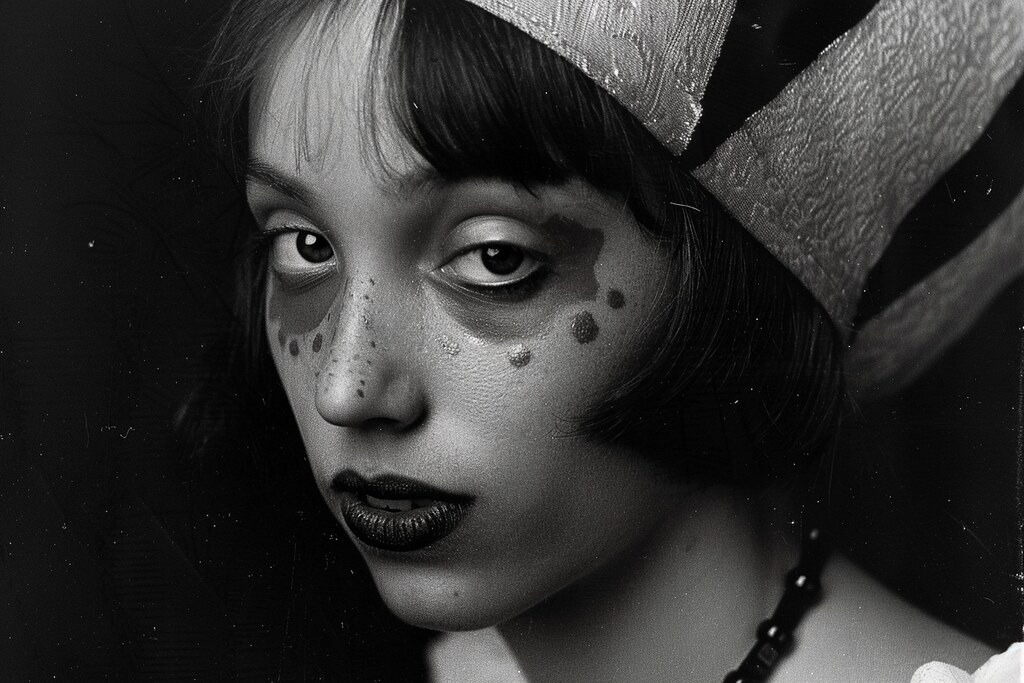
6. **Wendy Torrance: An Enduring Icon of Terror**The harrowing production of *The Shining* ultimately yielded an iconic performance, even if its initial reception was mired in controversy. Shelley Duvall’s portrayal of Wendy Torrance, a woman descending into terror, became central to the film’s lasting impact. Though controversially nominated for Worst Actress at the inaugural Golden Raspberry Awards, this nomination was later rescinded in 2022, with cofounder Maureen Murphy expressing regret.
*The Shining* evolved into a revered horror classic, becoming Duvall’s fourth film in the National Film Registry. Critics lauded her contribution; Billson of *The Guardian* noted, “Duvall’s horrified reactions… provide the film with many of its iconic moments.” Her wide-eyed terror and palpable vulnerability made Wendy a profoundly relatable figure trapped in an unimaginable nightmare.
Bilge Ebiri of *Vulture* was “riveted by a very poignant form of fear… the fear of a wife who’s experienced her husband at his worst.” *Screen Rant* ranked it her best performance, calling her “the heart of the film.” Tim Grierson of *RogerEbert.com* asserted, “This is no simple ‘scream queen’ performance as Duvall makes Wendy’s terror and determination grippingly, movingly real. The accomplishment is Duvall’s, full stop.”

7. **Embodying Olive Oyl: A Different Kind of Challenge**In stark contrast to *The Shining*’s psychological torment, Shelley Duvall seamlessly transitioned to an iconic, vastly different role: Olive Oyl in Robert Altman’s *Popeye* (1980), opposite Robin Williams. While still filming Kubrick’s horror masterpiece in London, her mentor Altman once again sought her unique talents, showcasing her remarkable versatility.
Released the same year, *Popeye* achieved commercial success despite initial negative critical reviews. However, like many Altman films, it has seen retrospective acclaim, with Duvall’s performance as the gangly, perpetually unimpressed Olive Oyl consistently praised. Her distinctive physical appearance and mannerisms seemed perfectly suited for the beloved cartoon character.
Roger Ebert keenly observed, “Duvall is like a precious piece of china with a tinkling personality. She looks and sounds like almost nobody else, and if it is true that she was born to play the character Olive Oyl… it is also true that she has possibly played more really different kinds of characters than almost any other young actress of the 1970s.” *Variety* concurred that Duvall “makes a delightful Olive Oyl,” highlighting her comedic range after such intense dramatic work.
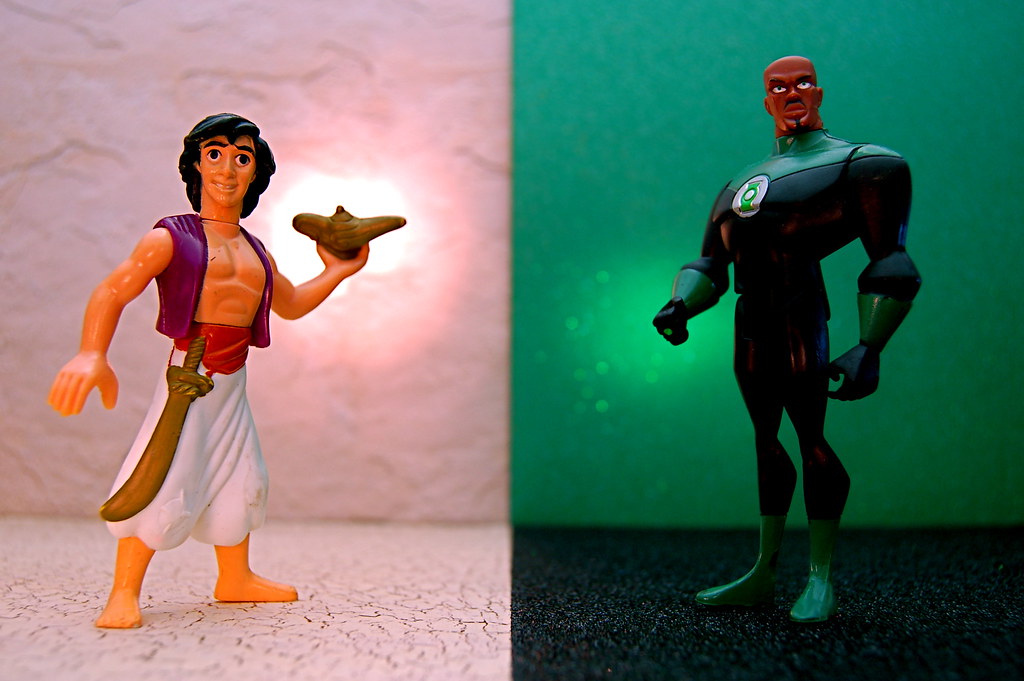
8. **Pioneering Children’s Television: Faerie Tale Theatre and Beyond**After a decade of captivating audiences on the big screen, Shelley Duvall embarked on a remarkable new chapter, demonstrating her foresight and creative ingenuity by venturing into television production. In 1982, she launched “Faerie Tale Theatre,” an ambitious children’s program that she not only narrated and hosted but also executive produced. This groundbreaking series aimed to bring classic fairy tales to life with a sophistication rarely seen in children’s programming of the era.
Duvall’s vision for “Faerie Tale Theatre” was grand, recruiting a roster of Hollywood’s most esteemed actors to star in its episodes. Before its first episode, “The Frog Prince,” graced screens with Robin Williams and Teri Garr, Duvall had already meticulously produced 27 hour-long installments. Her dedication to quality storytelling and enchanting visuals quickly set the program apart, earning it a special place in the hearts of families and critics alike.
Her involvement went beyond merely overseeing production; Duvall herself starred in seven episodes, showcasing her distinctive charm and versatility within these beloved stories, from “Rumpelstiltskin” to “Aladdin and His Wonderful Lamp.” This period marked a pivotal expansion of her career, proving her capabilities as a producer and her profound commitment to creating meaningful, high-quality entertainment for younger audiences. Her innovative approach helped redefine what children’s television could achieve.
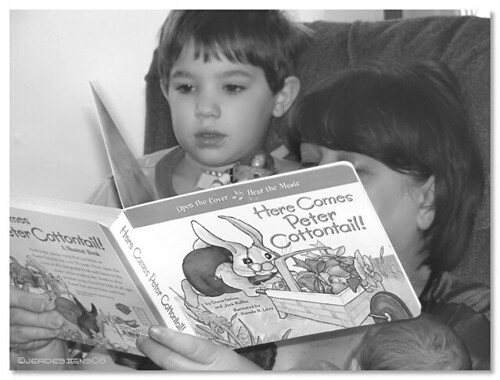
9. **Expanding the Vision: Think Entertainment and Bedtime Stories**Building on the success of “Faerie Tale Theatre,” Shelley Duvall continued to expand her entrepreneurial and creative footprint in children’s programming. In 1985, she created “Tall Tales & Legends,” another hour-long anthology series for Showtime, dedicated to adapting classic American folk tales. Similar to her previous endeavor, this series also featured prominent Hollywood actors and saw Duvall serving as host, executive producer, and an occasional guest star, further solidifying her role as a creative force.
The 1980s proved to be a fertile period for Duvall’s production ambitions. In 1988, she founded a new production company, Think Entertainment, augmenting her earlier venture, Platypus, established in 1982. This new company aimed to develop a broader range of programs and television movies specifically for cable channels, showcasing her strategic intent to innovate within the burgeoning cable landscape. Her commitment to diverse storytelling was evident in her next project.
Under the Think Entertainment banner, Duvall launched “Nightmare Classics” in 1989, a Showtime anthology series that adapted well-known horror stories by literary masters like Edgar Allan Poe. Unlike her previous children-focused series, “Nightmare Classics” targeted a teenage and adult audience, demonstrating her willingness to explore different genres and demographics. While it ran for only four episodes, it was a bold step. Her most enduring legacy in this period, however, came with “Shelley Duvall’s Bedtime Stories” in 1992, an animated series featuring celebrity narrators, which garnered her a second Emmy nomination and continued to captivate young viewers.
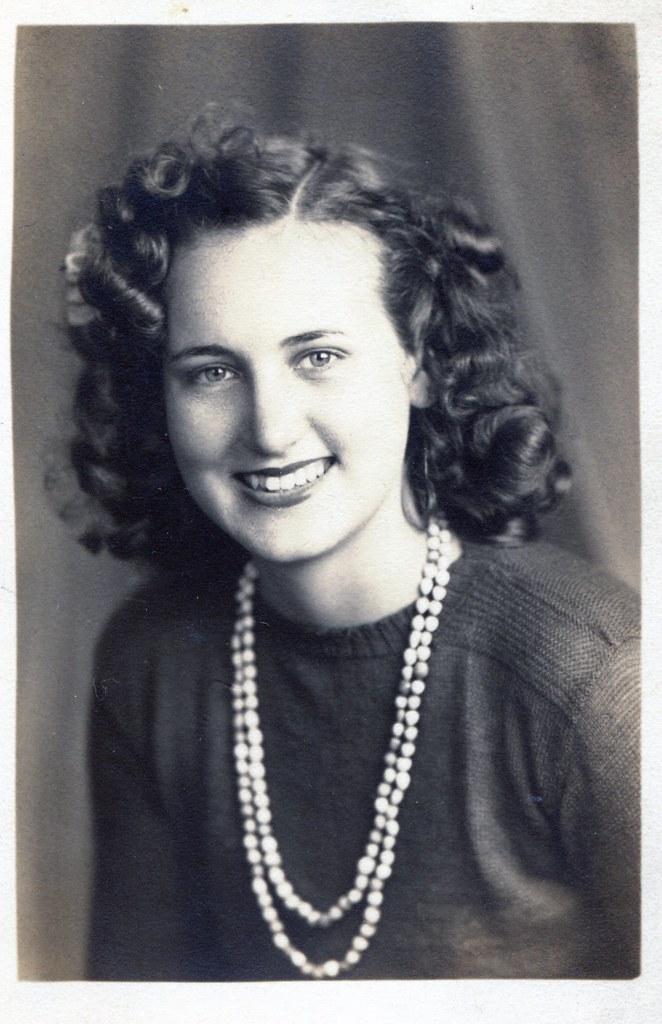
10. **A Gradual Retreat: Infrequent Roles and Indefinite Hiatus**As the 1990s dawned, a shift began to occur in Shelley Duvall’s prolific career. While still involved in notable projects like playing Little Bo Peep in “Mother Goose Rock ‘n’ Rhyme” (1990) and appearing opposite Hulk Hogan in the action-adventure film “Suburban Commando” (1991), her acting workload gradually decreased. She also continued her foray into music, releasing two compact discs of lullabies and Christmas songs in 1991, showcasing yet another facet of her artistic expression.
By 1993, after producing “Mrs. Piggle Wiggle,” her fifth series for Showtime, Duvall made a significant decision that signaled a change in her professional life: she sold Think Entertainment and officially retired as a producer. This marked the end of an incredibly productive chapter where she had successfully carved out a niche in television production, bringing imaginative and quality content to screens. Her focus then seemingly shifted back to more selective acting roles.
Throughout the remainder of the 1990s and into the early 2000s, Duvall accepted infrequent acting roles, carefully choosing projects that piqued her interest. She delivered memorable performances in films such as Jane Campion’s “The Portrait of a Lady” (1996), portraying the “vain, over-friendly, but harmless Countess Gemini,” and Guy Maddin’s “Twilight of the Ice Nymphs” (1997). Her final role before a lengthy break was a small part in the 2002 independent film “Manna from Heaven.” Following this, Duvall announced an indefinite hiatus from acting and public life, a sabbatical she later described as being for “really important reasons—to get in touch with my family again,” marking her retreat from the relentless demands of Hollywood.

11. **The Media Spotlight and Mental Health: The Dr. Phil Controversy**After her retreat from the public eye, Shelley Duvall’s private life became, albeit briefly, a subject of intense media scrutiny, particularly concerning her mental health. This unfortunate turn occurred in November 2016 when she was interviewed by Phil McGraw on his daytime talk show, “Dr. Phil.” The segment, which aired globally, was met with widespread public condemnation and criticism, with many viewers and figures in the entertainment industry expressing deep concern for Duvall’s well-being and accusing the show of exploitation.
The interview painted a distressing picture, with Duvall appearing disoriented and making statements that suggested a detachment from reality. This public display immediately drew a sharp rebuke from many who felt it was unethical to broadcast a vulnerable individual’s struggles for entertainment. Vivian Kubrick, daughter of Stanley Kubrick, publicly posted an open letter on Twitter, vehemently criticizing McGraw for exploiting Duvall. Mia Farrow echoed these sentiments, highlighting the consensus that her privacy and dignity had been compromised.
The backlash prompted a broader conversation about media ethics and the responsibility owed to individuals struggling with mental illness. While McGraw defended the interview as an attempt to get Duvall help, the prevailing sentiment was that the segment was deeply exploitative. This period became a dark chapter in Duvall’s narrative, turning her personal struggles into a public spectacle, and leaving many to wonder about the true state of the beloved actress who had once shone so brightly on screen.

12. **Quiet Life, Persistent Spirit: A Return to Texas and Private Reflection**Amidst the public outcry and concerns for her well-being, Shelley Duvall had, years prior, sought solace and privacy away from the glare of Hollywood. Following the 1994 Northridge earthquake, she and her long-time partner, Dan Gilroy, made a significant life change, relocating from Benedict Canyon in Los Angeles to Blanco, Texas. This move back to her home state, prompted by her brother’s health and the seismic event, represented a deliberate step towards a quieter, more grounded existence, far from the industry that had defined much of her adult life.
For over two decades, Duvall embraced this reclusive lifestyle, keeping her personal affairs out of the public domain. This period of withdrawal was primarily driven by a desire to reconnect with her family and to find peace away from the relentless demands and peculiarities of the entertainment world. While her initial retreat sparked curiosity, more respectful voices eventually emerged, seeking to understand and honor her legacy without sensationalism.
One such effort came in 2018 when director Lee Unkrich, working on a book about *The Shining*, respectfully located and interviewed Duvall, noting her enduring pride in her career. Similarly, Seth Abramovitch of *The Hollywood Reporter* sought her out in 2021, driven by the conviction that the “Dr. Phil” segment should not be the “final word on her legacy.” His subsequent article revealed that Duvall’s memory was “sharp and full of engrossing stories,” painting a more nuanced and dignified portrait of her life away from the spotlight.
Read more about: The Enduring Mysteries: 15 Iconic Stars Whose Unexpected Deaths Left the World in Shock

13. **A Poignant Return: *The Forest Hills* and Final Role**After a remarkable 20-year hiatus from acting, the news of Shelley Duvall’s return to the screen captivated many. In October 2022, it was announced that she would appear in “The Forest Hills,” an independent horror-thriller film penned and directed by Scott Goldberg. Her decision to make a comeback, particularly in a genre she knew intimately, sparked a wave of excitement and anticipation among her dedicated fanbase and cinema enthusiasts.
Initially slated for a cameo, Duvall’s enthusiasm for the project grew, leading her to express interest in expanding her role within the ensemble cast. Her return was fueled by a genuine desire to act again, an experience she described as “so much fun.” With characteristic wit, she even joked about her aspirations, stating, “Jessica Tandy won an Oscar when she was 80. I can still win,” playfully hinting at her continued ambition and passion for her craft, even after years away.
Working on “The Forest Hills” presented its own set of challenges; Duvall reportedly experienced discomfort and pains during filming. However, in true method acting fashion, she masterfully incorporated these physical sensations into her performance, lending an added layer of raw authenticity to her character. Director Scott Goldberg lauded her, calling her “an amazing actress to work with” and forever grateful for the opportunity. The film, released digitally in October 2024, received mixed reviews, but Duvall’s involvement garnered specific praise, with critics noting her “undeniable charisma and commanding presence,” providing a solemn grounding to the film’s chaotic proceedings.
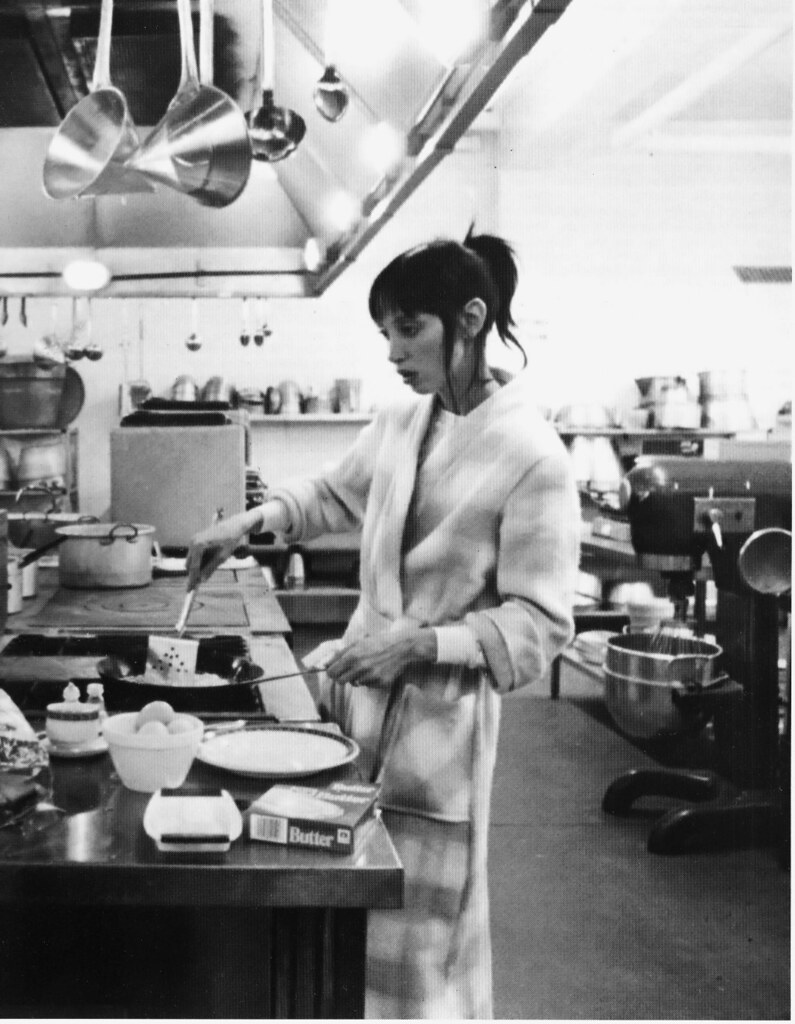
14. **An Enduring Legacy: The Unique Iconoclast**Shelley Duvall’s passing on July 11, 2024, due to complications from diabetes, marked the end of a life lived uniquely and an extraordinary career that transcended conventional Hollywood paths. Known for her charismatic, upbeat presence and distinct screen persona, Duvall remains one of the most celebrated actresses of the 1970s, leaving behind a legacy that continues to resonate deeply within cinematic history and popular culture. Her ability to embody eccentric, vulnerable, and profoundly real characters made her a truly singular talent.
Her significant impact is underscored by the inclusion of four of her films in the United States National Film Registry by the Library of Congress, recognized for their cultural, historical, or aesthetic significance: “McCabe & Mrs. Miller” (1971), “Nashville” (1975), “Annie Hall” (1977), and “The Shining” (1980). This honor cements her contributions to American cinema. Furthermore, her unforgettable portrayal of Wendy Torrance solidified her status as a revered “scream queen,” with MovieWeb ranking her as the fifth-best of all time, declaring her performance “a thing of glory.”
Beyond her acting prowess, Duvall is credited by the *Los Angeles Times* for almost single-handedly reviving children’s television through her innovative production companies and series like “Faerie Tale Theatre.” Critics lauded her as “bizarrely original,” a “gravitational force,” and the “queen of awkward beauty,” often compared to a “female Buster Keaton” for her distinctive on-screen authenticity. Tributes from fellow actors like Julianne Moore, who called her “fascinating, original, vulnerable and inscrutable,” and Jamie Lee Curtis, who cited her as an influence, speak volumes about her enduring inspiration.
Even in the 2020s, Duvall found a new generation of admirers as clips from “Faerie Tale Theatre” went viral on social media platforms like TikTok, with her iconic phrase “Hello, I’m Shelley Duvall” frequently sampled. This resurgence introduced her to Generation Z, ensuring her unique charm continued to captivate. Her life and career have been meticulously documented by initiatives like the online Shelley Duvall Archive, a testament to the lasting fascination she inspires.
Read more about: The Unspoken Bond: How Freddie Mercury’s Profound Admiration for John Lennon Shaped His Worldview and Queen’s Legacy
In the wake of her death, a wave of tribute screenings across the United States, from the Brattle Theatre to the Brooklyn Academy of Music and the Austin Film Society, celebrated her achievements. While her initial omission from the “In Memoriam” segment at the 2024 Primetime Emmy Awards sparked controversy, she was rightfully included in the 97th Academy Awards and 3rd Annual Children’s and Family Emmys Awards in 2025. Shelley Duvall’s journey, marked by serendipitous discovery, profound artistry, personal struggles, and an authentic spirit, leaves an indelible mark—a true iconoclast whose legacy continues to shine brightly.



